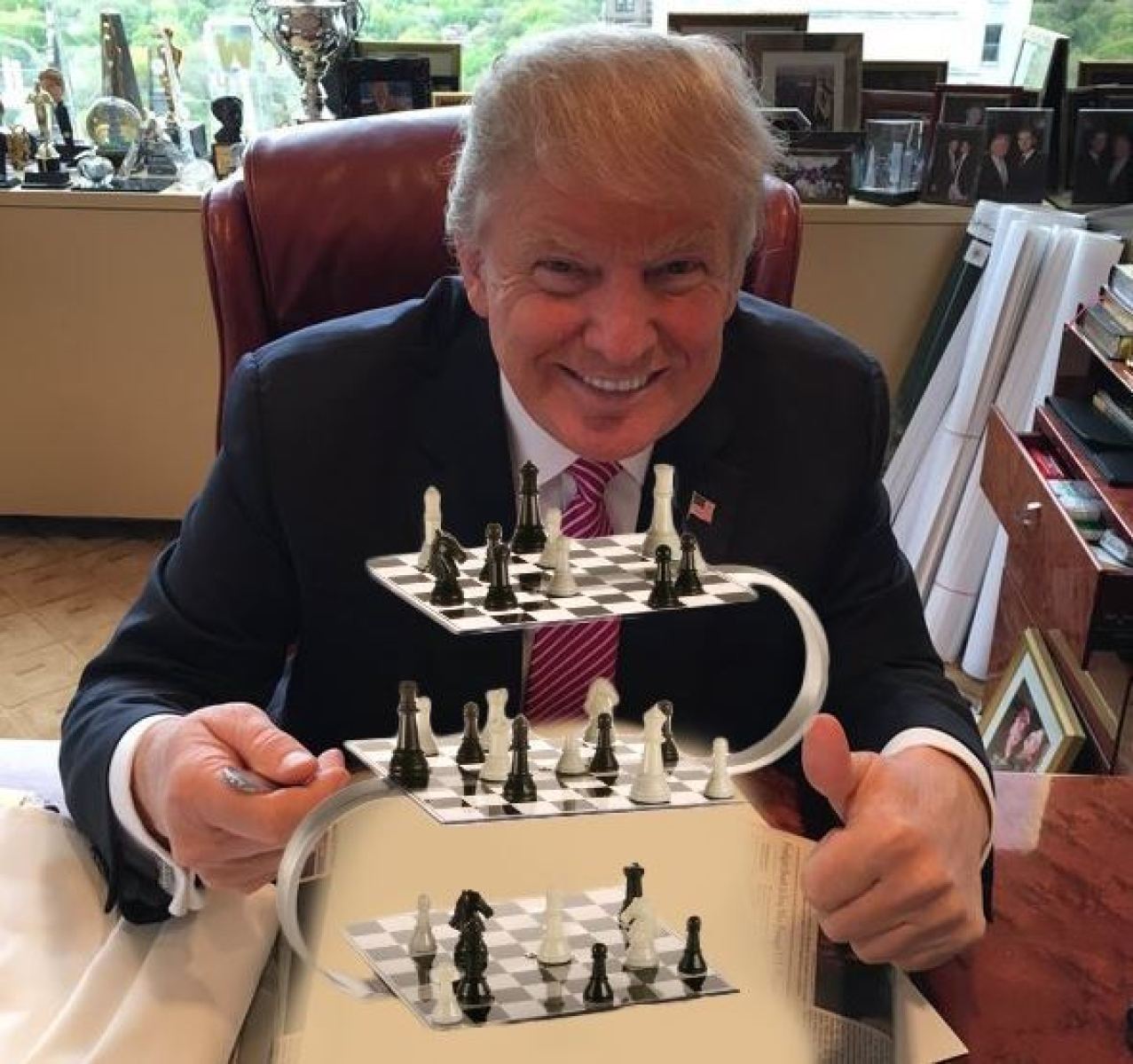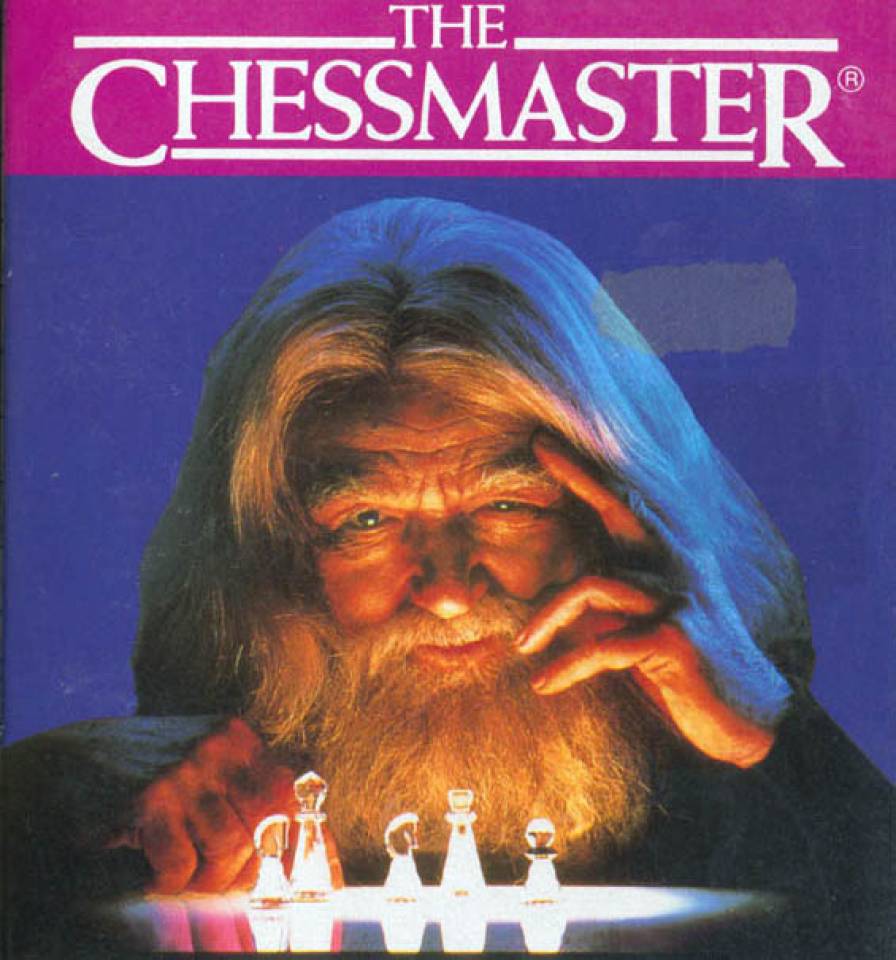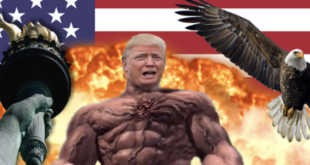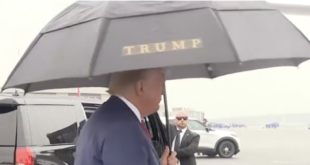Is President Trump’s clampdown on TikTok part of an 88 dimensional chess plan to put the clamp on the social media companies we actually hate – Twitter, Facebook and Google?
David Fickling writes for Bloomberg:
You might think that the Trump administration banning Chinese ownership of video-sharing app TikTok in the U.S. on national security grounds would be a win for social-media competitors such as Facebook Inc., Alphabet Inc. and Twitter Inc. Selling Bytedance Inc.’s operations in several major English-speaking markets to Microsoft Corp. raises the hope that TikTok might suffer the sort of benign neglect that’s neutered other Microsoft-owned media assets, such as LinkedIn and Skype. Facebook lost no time in launching a copycat video-sharing service to compete.
The decision opens a Pandora’s Box that digital platforms might one day wish had been kept closed. By citing data privacy and foreign influence to justify its restrictions, the U.S. has thrown a spotlight on issues that Silicon Valley’s social media companies have done well to keep in the shadows as they’ve grown to world-spanning power.
While it’s tempting to label President Donald Trump’s actions around TikTok a “shakedown,” his administration hasn’t been uniquely hostile to foreign investment, despite a barrage of hot rhetoric and high-profile cases around Huawei Technologies Co. and ZTE Corp. Even after a law was passed in 2018 to tighten national security scrutiny by the Committee on Foreign Investment in the U.S., Washington’s takeover-review panel, investigations by last year were being initiated at a rate similar to during President Barack Obama’s second term. Foreign direct investment in the U.S., meanwhile, has continued to tick upward around long-term trend rates.
Let’s just be honest here: this is obviously a mafia-style shakedown.
Of the kind I wish he would do to the social media companies that are actually abusing our data and doing much worse – censoring him personally and all of his supporters as an election meddling plot.
But does this set him up to do this kind of shakedown to the rest of them?
No. Not really.
Media companies have always been regulated more tightly, especially in relation to foreign ownership. Rupert Murdoch had to give up Australian citizenship to buy a group of U.S. television stations in 1985, and little has changed since.
…
In that context, the lax treatment of digital media platforms looks like a loophole that’s never been closed. TikTok hasn’t needed to get a permission note from the FCC to get a lock on the attention of tens of millions of Americans, any more than Facebook has needed to jump media-ownership hoops in other countries to become the prime news source to more than 2.4 billion active users outside the U.S.
Part of the reason for the distinction comes down to a simple issue of enforcement. Broadcasters are treated as special cases because they depend on licenses to the limited public radio spectrum, giving governments leverage that they don’t have over print and digital companies.
Still, behind all media regulation is a recognition of the industry’s importance in forming a country’s public sphere and shaping the direction of political debate. That’s an awkward space for democratic governments, given how it edges close to controls on freedom of speech. Historically, the solution has been to use antitrust powers to prevent any player getting too large an audience, combined with foreign investment and local-content rules to prevent outsize control by overseas owners.
Those regulations were designed for an era that had never conceived of Facebook, though. Thanks to that lack of oversight and decades of lobbying, the Silicon Valley companies that are now the world’s largest media businesses have been more or less exempt from the regulation that their print-and-broadcast peers still deal with.
The extent to which this has been the case is remarkable. Even among authoritarian countries, China is unusual for banning U.S. digital platforms. People in Vietnam, Saudi Arabia and Russia are respectively among the biggest users of Facebook, Twitter and Instagram. That’s been a quiet victory for companies that make billions in revenue outside the U.S. The attack on TikTok has made this status quo far more difficult to maintain.
…
It would be better for Silicon Valley’s social media companies if they could hold on a little longer to their fraying image as innocuous providers of cat videos and inspirational quotes, rather than under-regulated behemoths with the power to sway electorates. By putting that issue so firmly on the agenda, the Trump administration hasn’t done them any favors.
I love how he managed to list Russia after Saudi Arabia on their list of “authoritarian countries.”
Nice job, David Fickling.
I suppose that there is maybe, possibly, some sort of potential timeline in which this TikTok move bolsters someone in Congress’s plan to treat social media companies like traditional broadcasters.
The thing is, that would take years.
Right now, we have …
until the apocalypse.
Why on earth Trump is spending political capital attacking TikTok during the home stretch to this election is beyond my ability to comprehend, unless he’s planning on starting a war with the Chinese in the next 88 days.
It doesn’t seem like that’s something that could actually happen in real life, but I will say: I think the coronavirus lockdown was crazier and weirder than I would think it was if Trump just up and started bombing China because they stole the most recent clipboard item from people’s iPhones (which Apple gives them access to, by the way, just in case someone didn’t understand that, it’s part of basic app functionality).
Trump just signed an executive order about TikTok.
Apparently, they’re running with the “copied the most recent item from the clipboard and sent it to the communists” thing. I don’t even know at this point, man.
CNBC:
President Donald Trump on Thursday issued executive orders banning U.S. transactions with Chinese tech firms Tencent and ByteDance.
Tencent owns Chinese messaging app WeChat, and ByteDance is the Beijing-based parent company of the widely popular short video-sharing app TikTok.
The ban will take effect in 45 days and may attract retaliation from Beijing.
While the scope of the ban remains unclear, the executive orders said that after 45 days, Secretary of Commerce Wilbur Ross “shall identify the transactions” that will be subjected to the prohibition.
Yeah well, so much for free market competition. Jeez.
You compete with Facebook and Google, and the president will write an executive order banning you.
I just… look, guys.
I’m just exhausted.
All of hell is going to come down on us if Trump doesn’t win. I’ve put together an incredibly effective message supporting Donald Trump, and no one, especially not me, is allowed to share it with anyone outside of this secret website.
If I hadn’t been banned, I would have millions of followers on Twitter. This site would have hundreds of millions of visitors per month. I would be influencing this election as much as any cable news pundit.
And I would be all in for Donald Trump, just like I was in 2016.
But he didn’t support me after I supported him. And here I am, just begging him to do the right thing and get reelected. He should have signed an executive order saying that there is now TOTAL FREE SPEECH BASED ON THE PURE FIRST AMENDMENT allowed on Twitter and Facebook. We’ve got 88 days. We could make it happen.
We’d get the old troll army back together, and roll out…
But no.
We’re getting… goofy communist spy propaganda like it’s the 1960s.
 Daily Stormer The Most Censored Publication in History
Daily Stormer The Most Censored Publication in History






